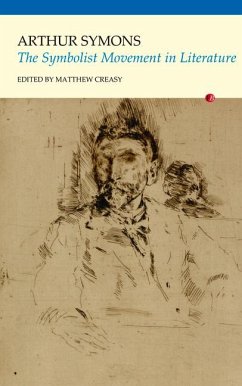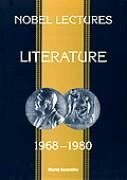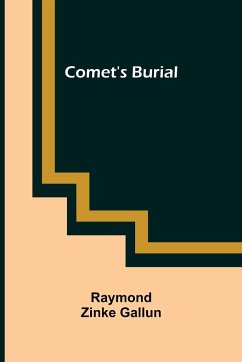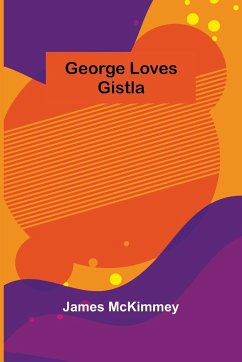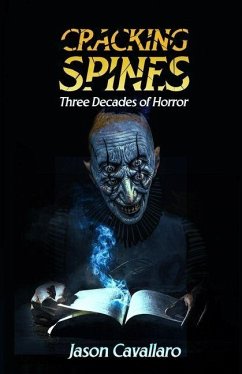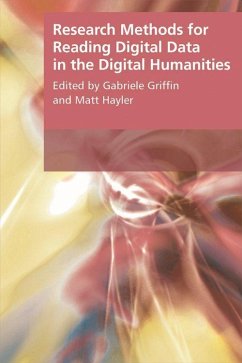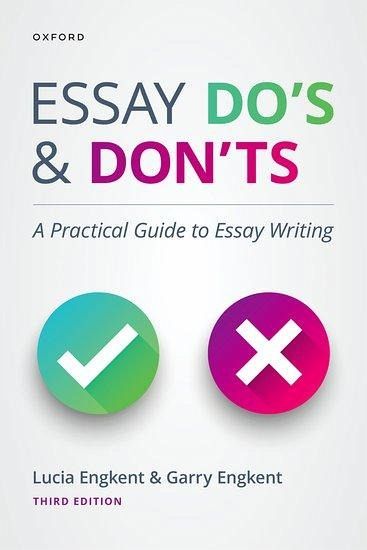
Versandkostenfrei!
Versandfertig in über 4 Wochen

PAYBACK Punkte
18 °P sammeln!




To the point and without an ounce of unnecessary information, this guide delivers everything the beginning essay writer needs to succeed at great value.
Lucia Engkent has taught English composition and English for Academic Purposes for more than thirty years in several post-secondary institutions, including Seneca College, the University of Waterloo, York University, and the University of Alberta. Throughout her teaching career, she has written instructional materials such as institutional assessment tests and online material. Her six published textbooks include Skill Set (OUP Canada), Fiction/Non-Fiction: A Reader and Rhetoric (Harcourt), and Take Part: Speaking Canadian English (Pearson). Garry Engkent has taught English composition and literature for more than thirty years in several post-secondary institutions, including Toronto Metropolitan University (formerly known as Ryerson University), Seneca College, the University of Toronto, and the University of Alberta. Garry is the co-author of Groundwork: Writing Skills to Build On (Pearson) and Fiction/Non-Fiction: A Reader and Rhetoric (Harcourt).
Produktdetails
- Verlag: Oxford University Press
- 3rd edition
- Seitenzahl: 288
- Erscheinungstermin: 25. November 2022
- Englisch
- Abmessung: 227mm x 150mm x 15mm
- Gewicht: 407g
- ISBN-13: 9780190164300
- ISBN-10: 0190164301
- Artikelnr.: 66163334
Herstellerkennzeichnung
Libri GmbH
Europaallee 1
36244 Bad Hersfeld
gpsr@libri.de
Für dieses Produkt wurde noch keine Bewertung abgegeben. Wir würden uns sehr freuen, wenn du die erste Bewertung schreibst!
Eine Bewertung schreiben
Eine Bewertung schreiben
Andere Kunden interessierten sich für



